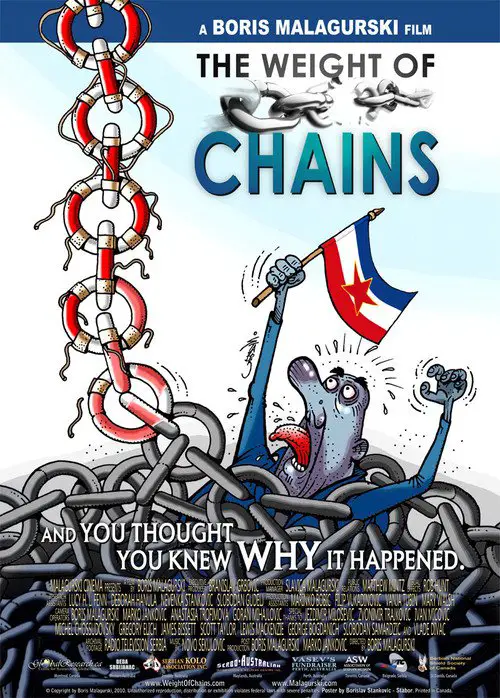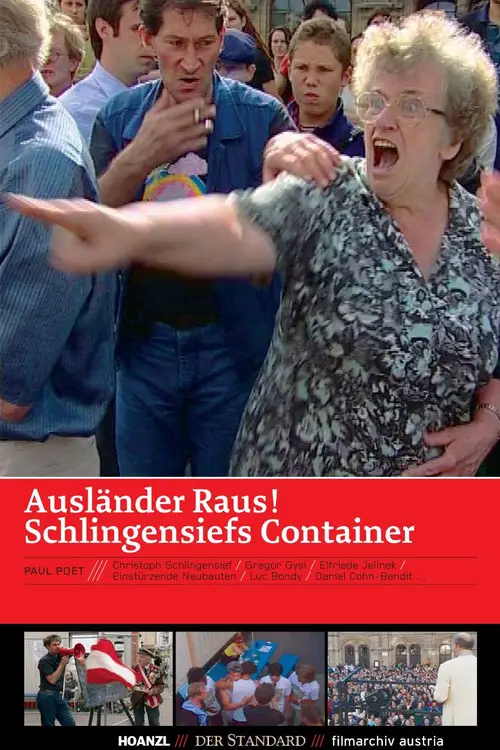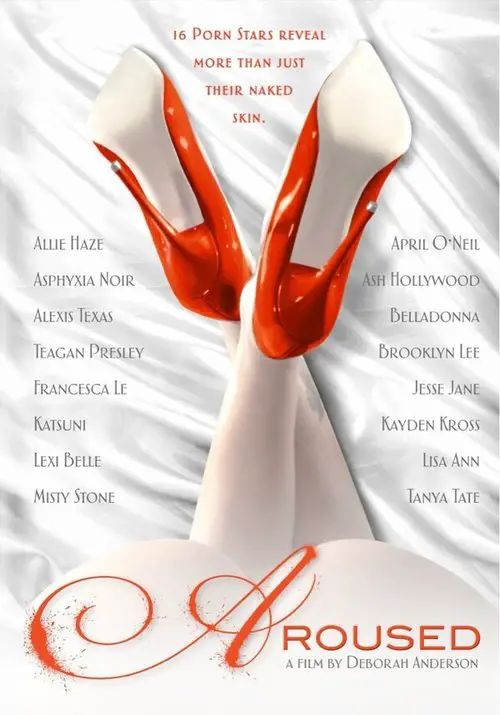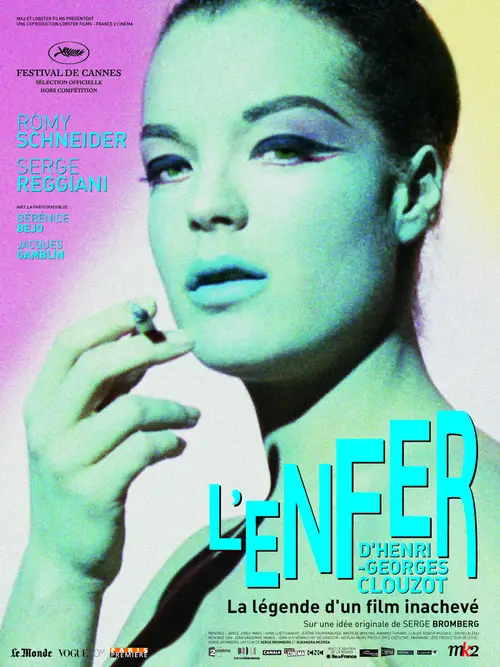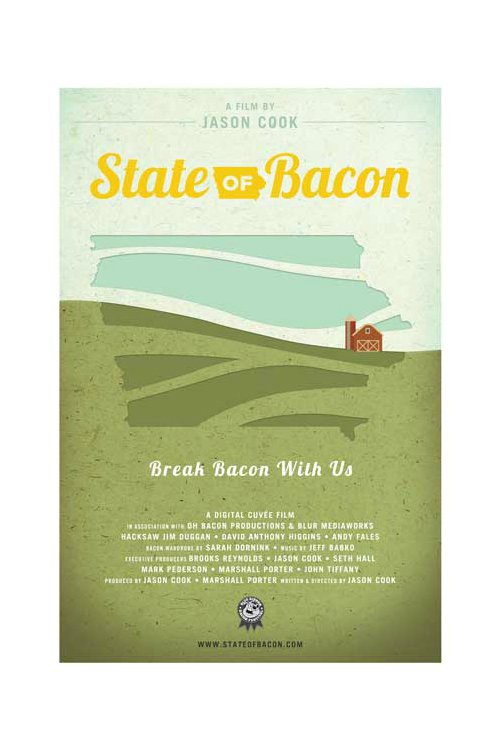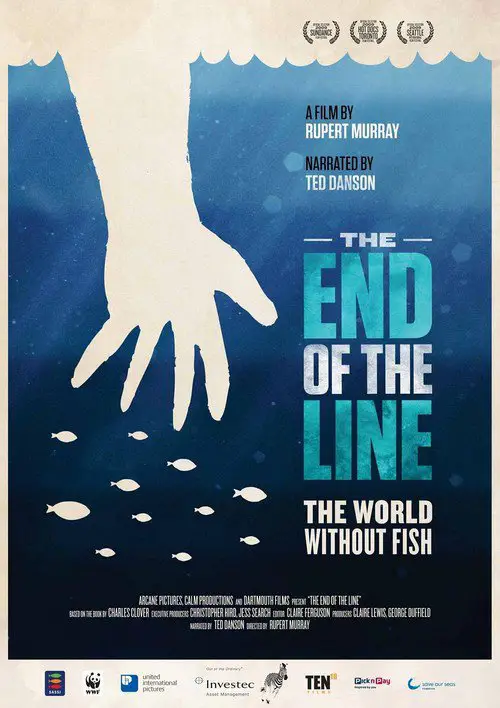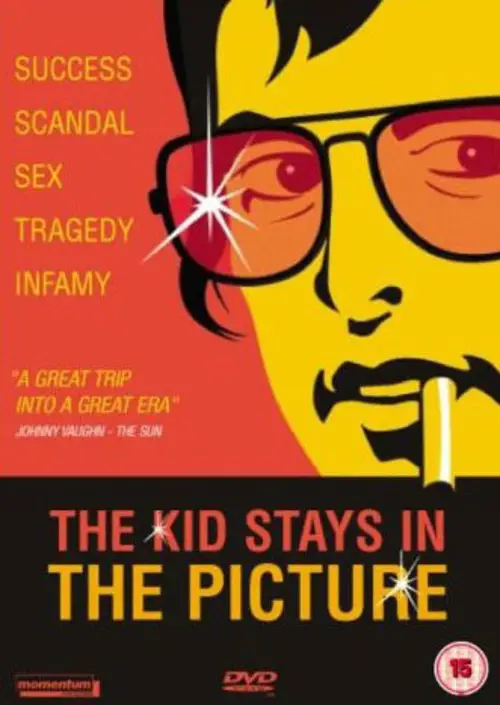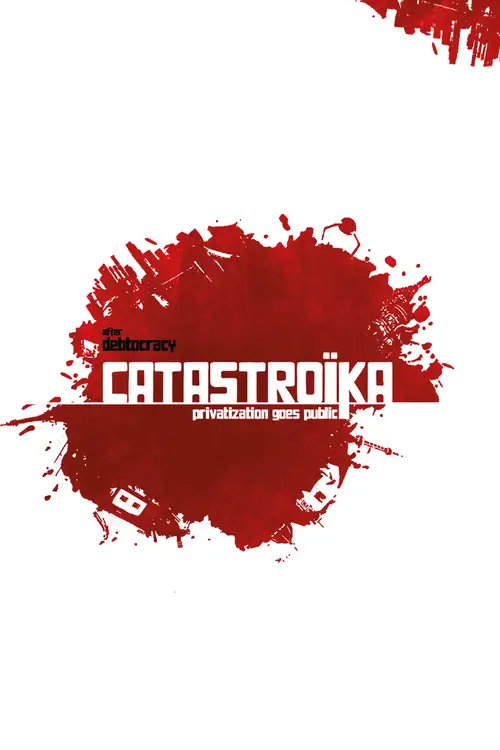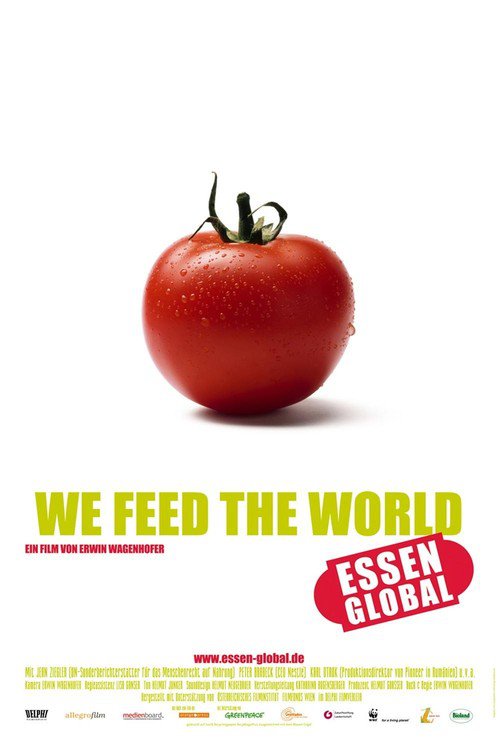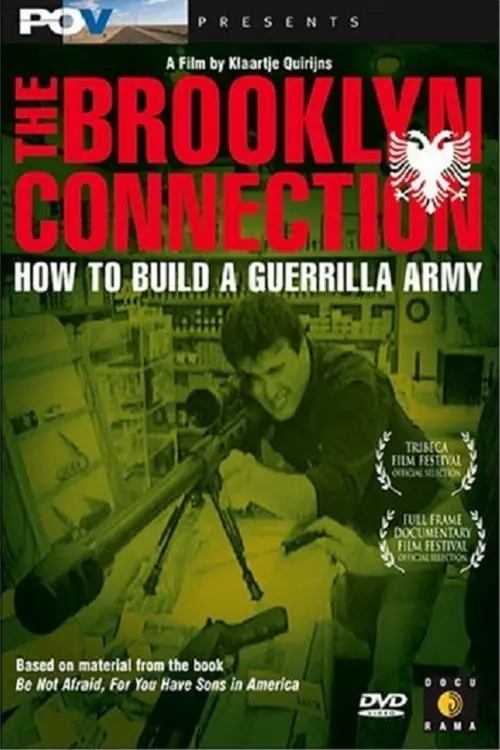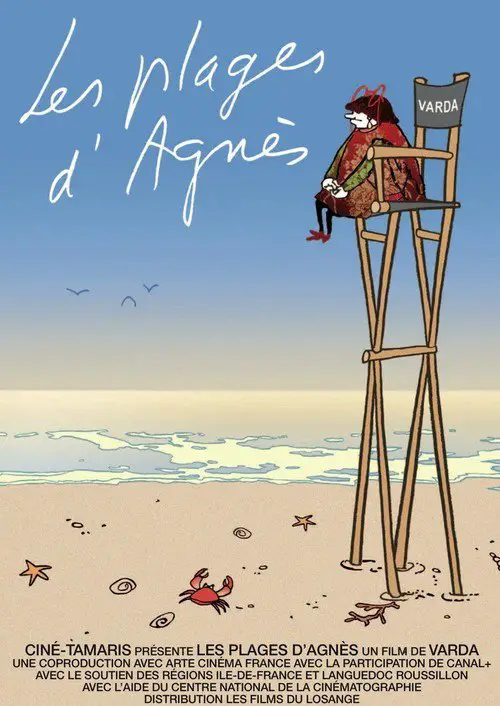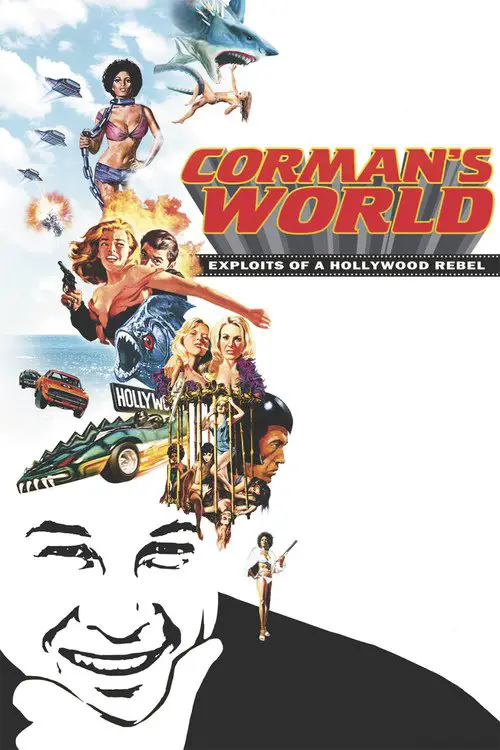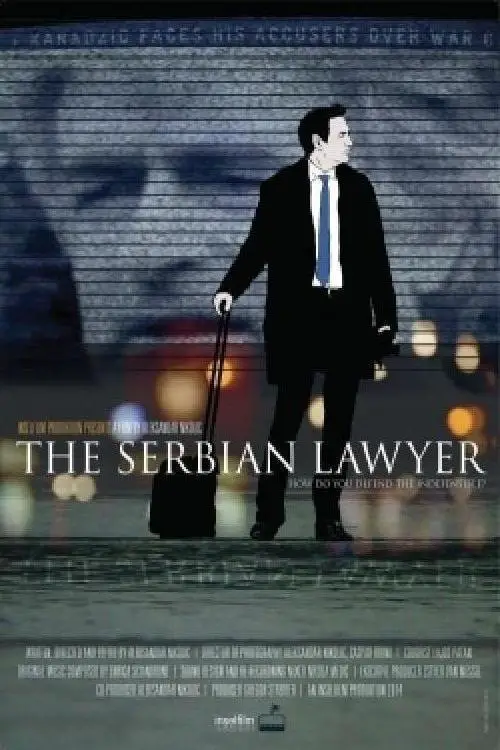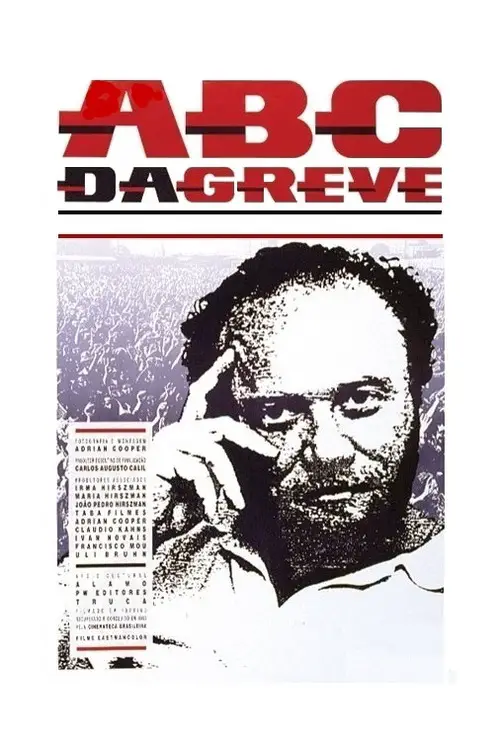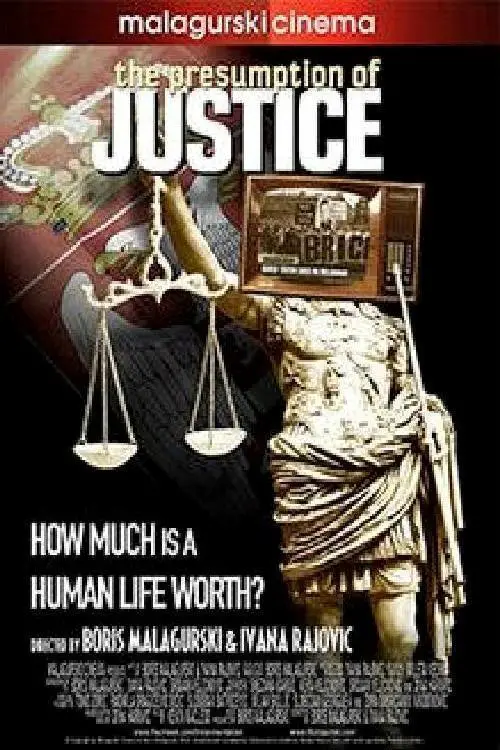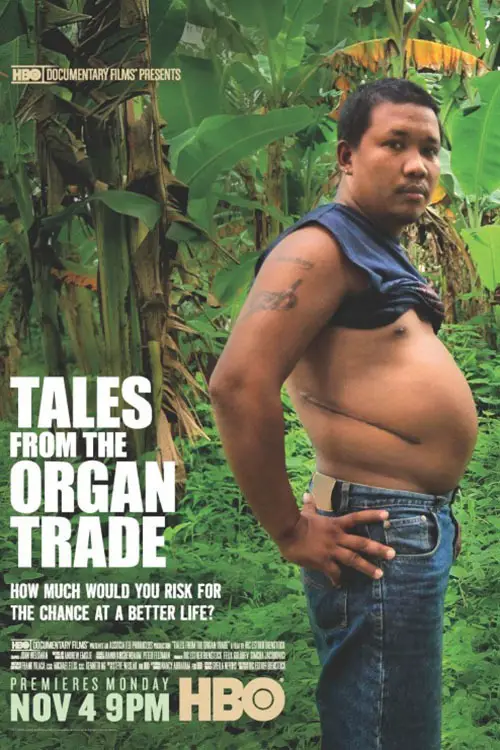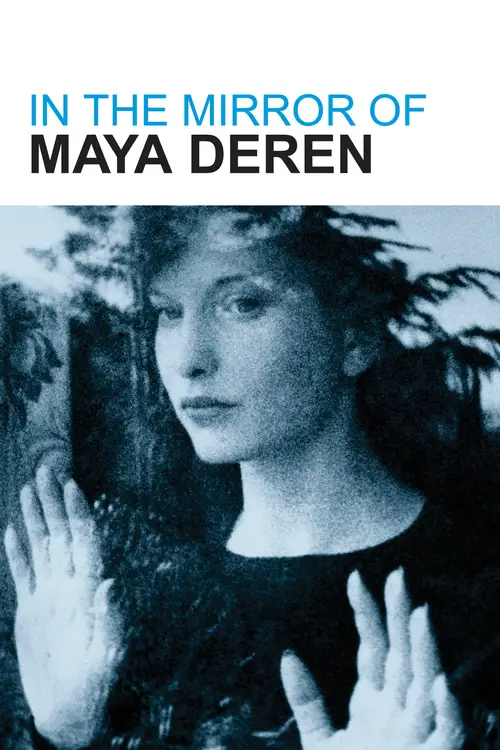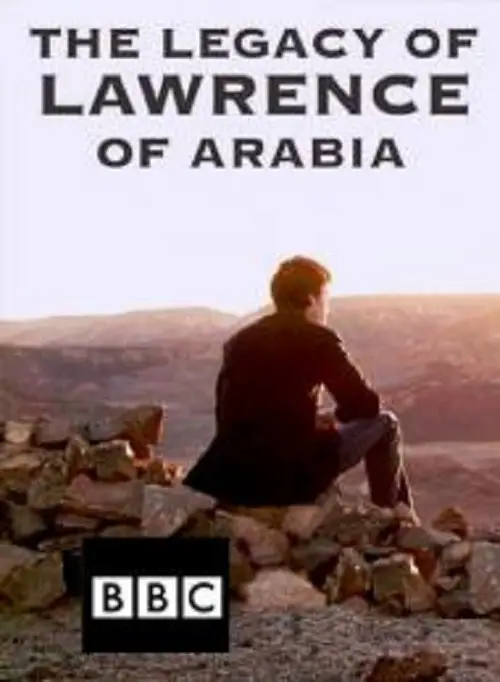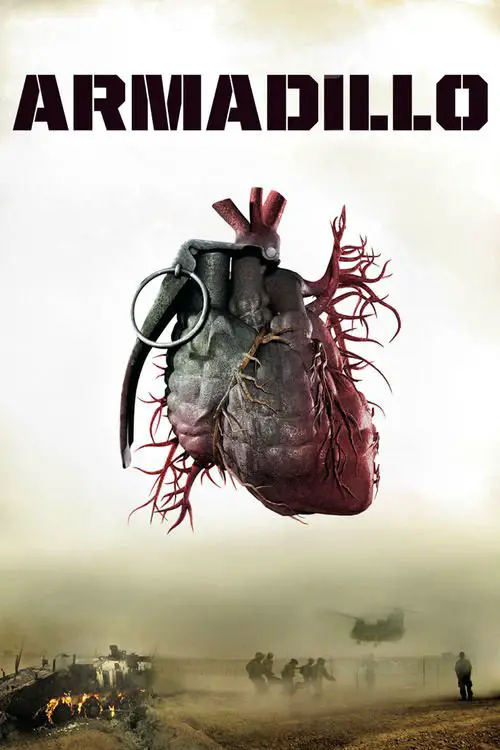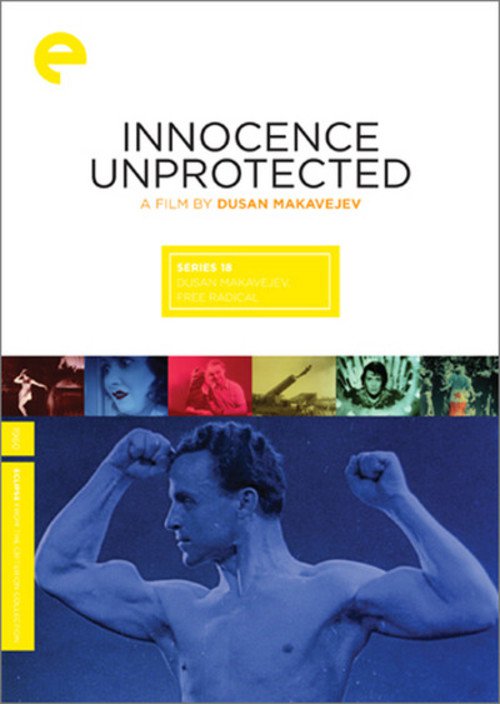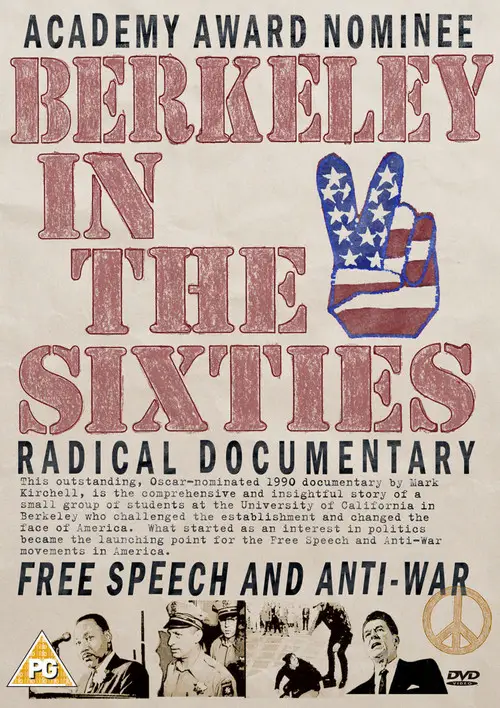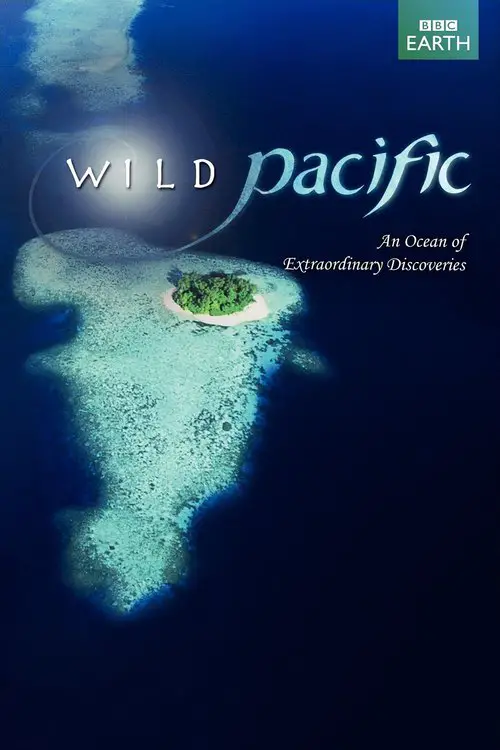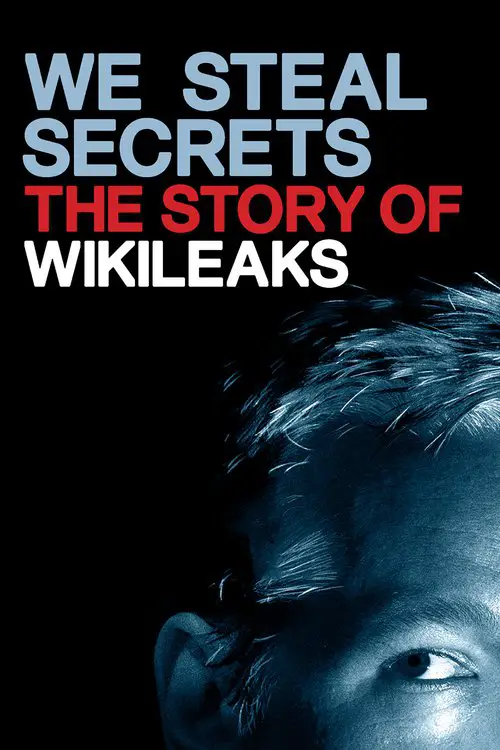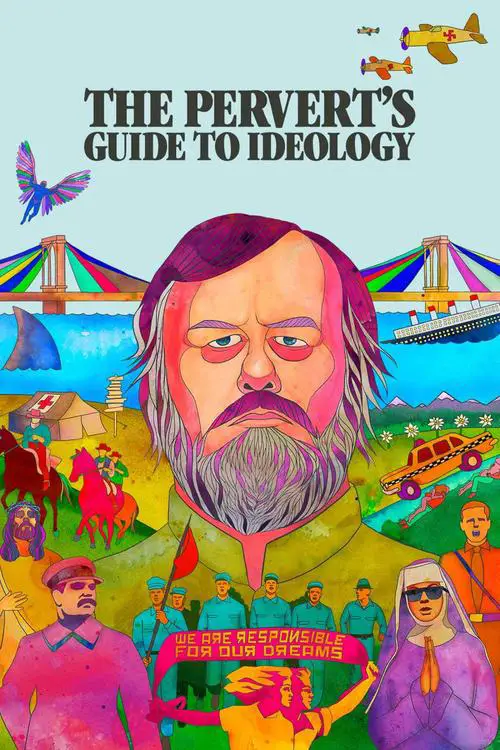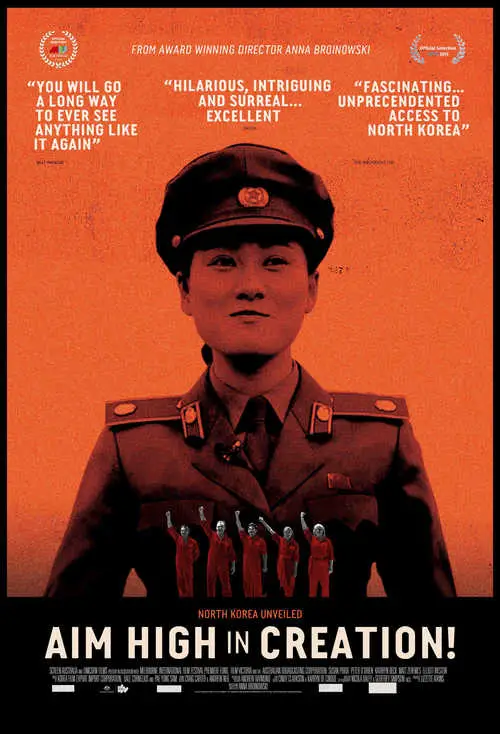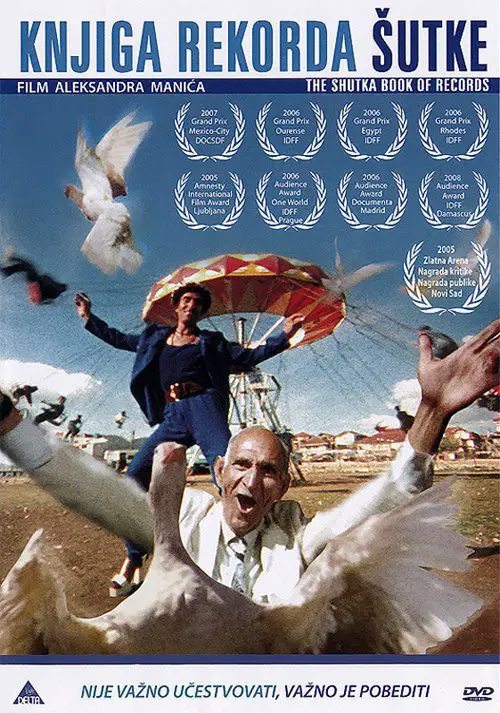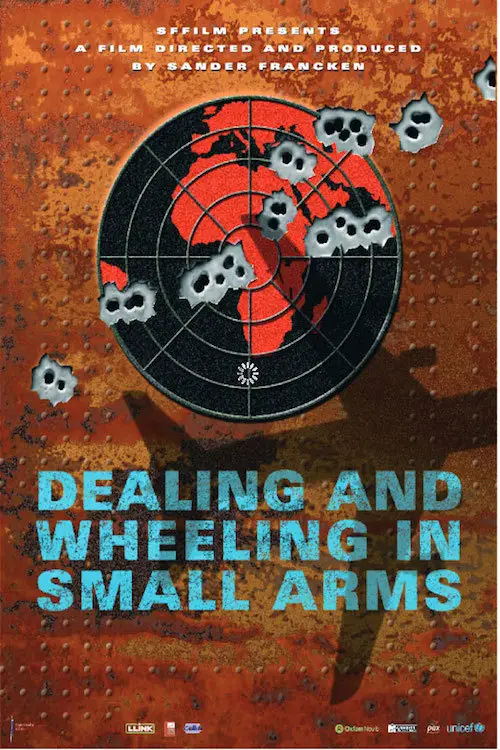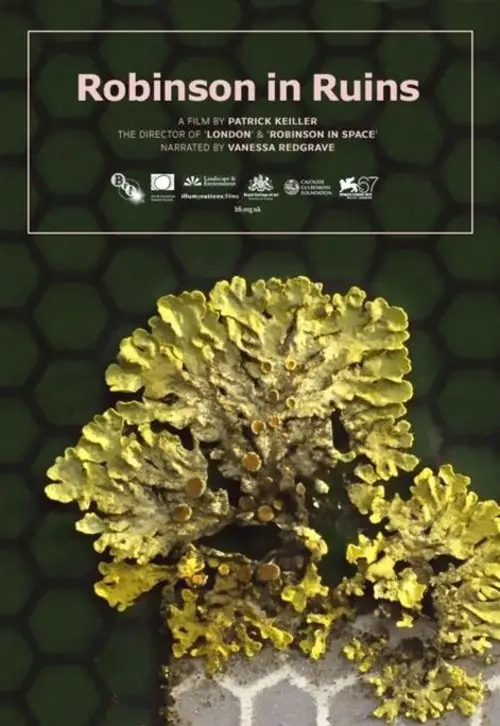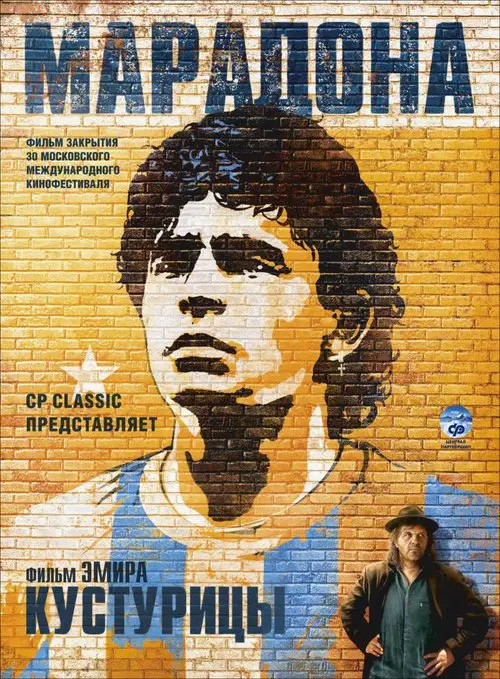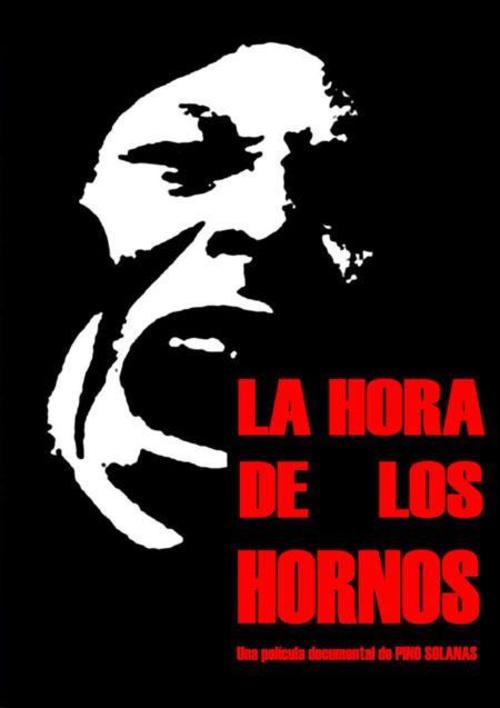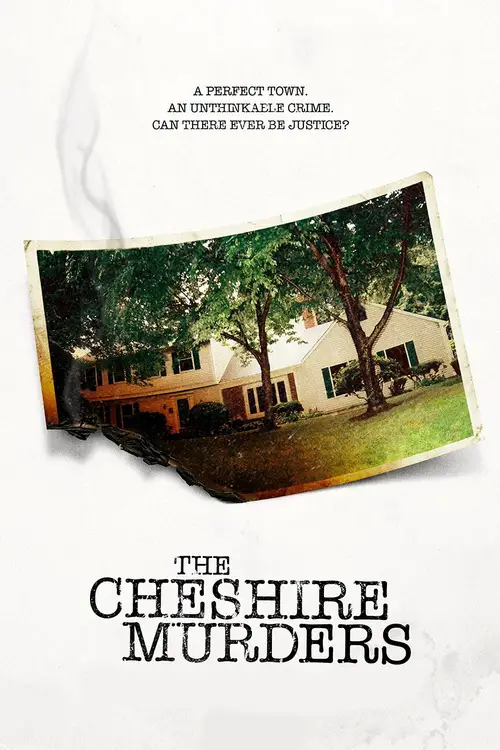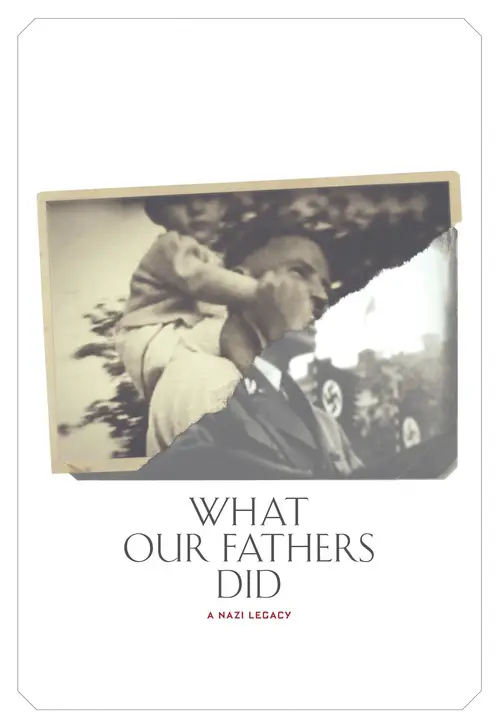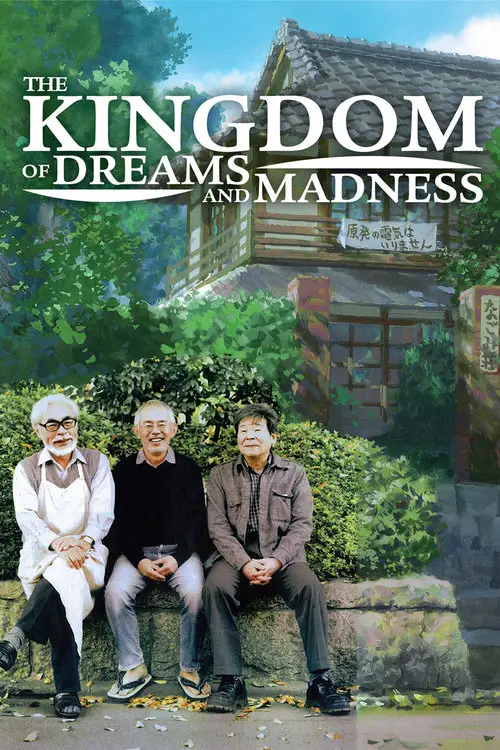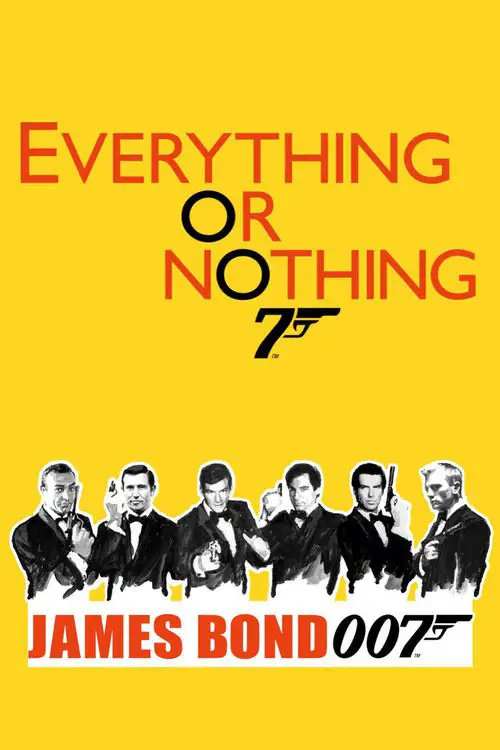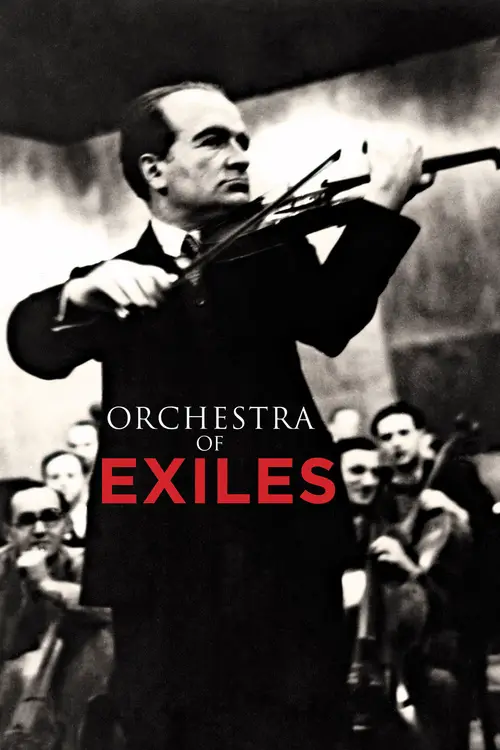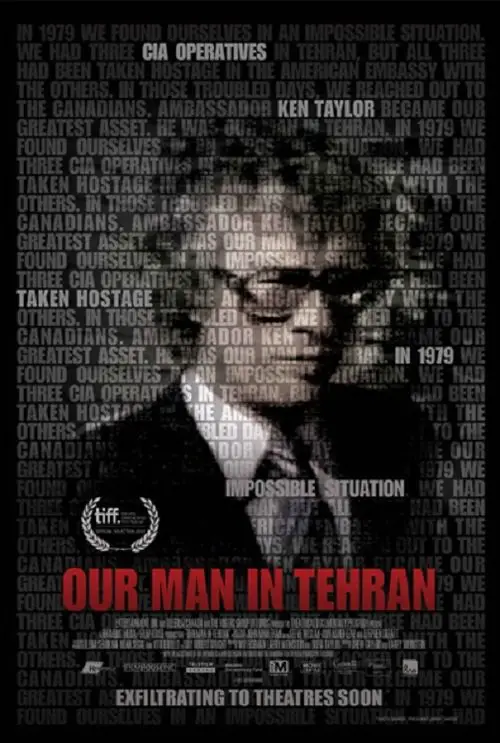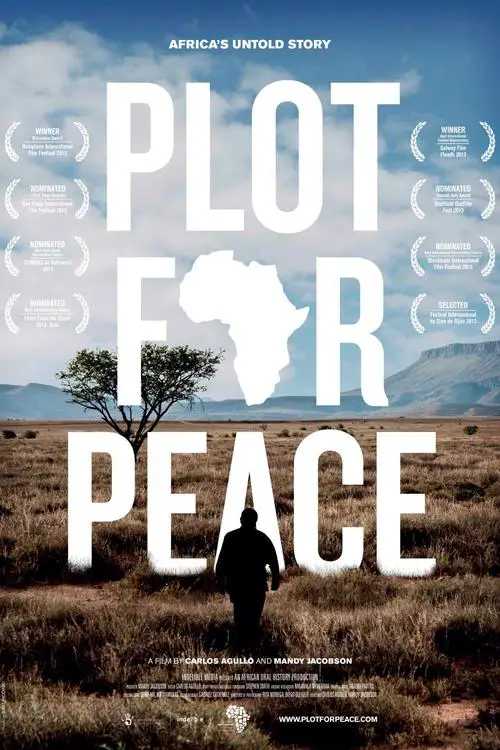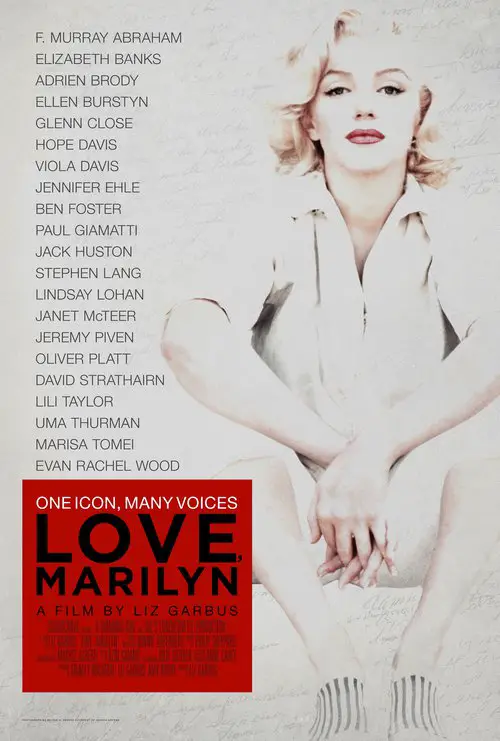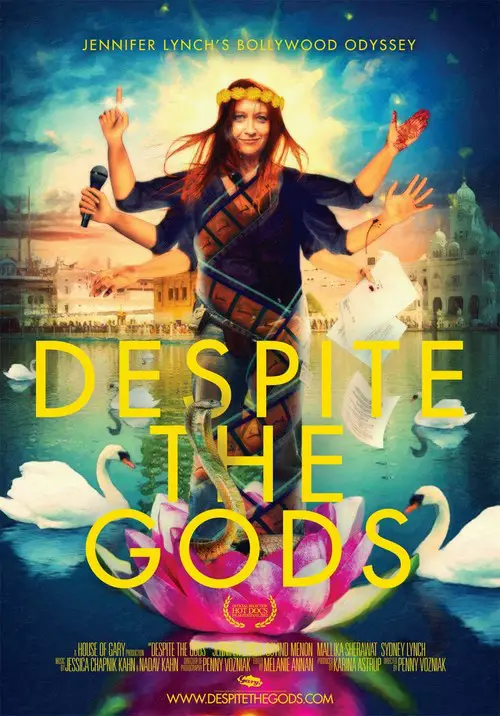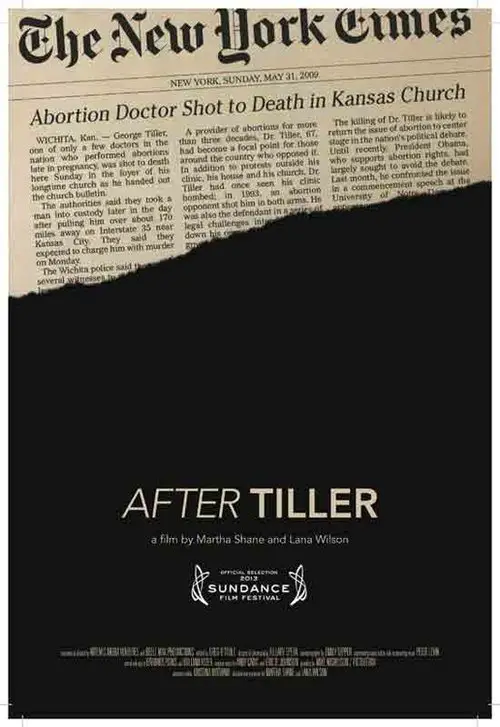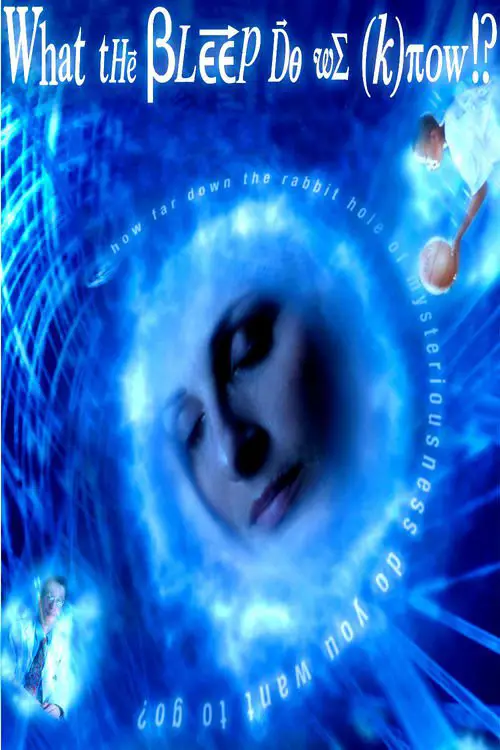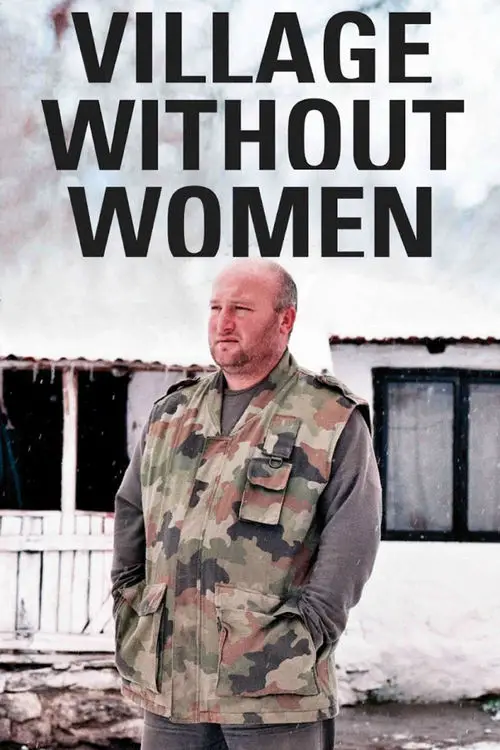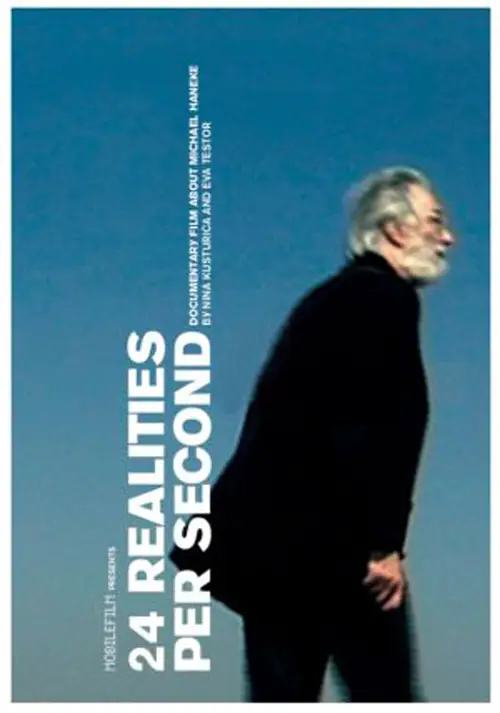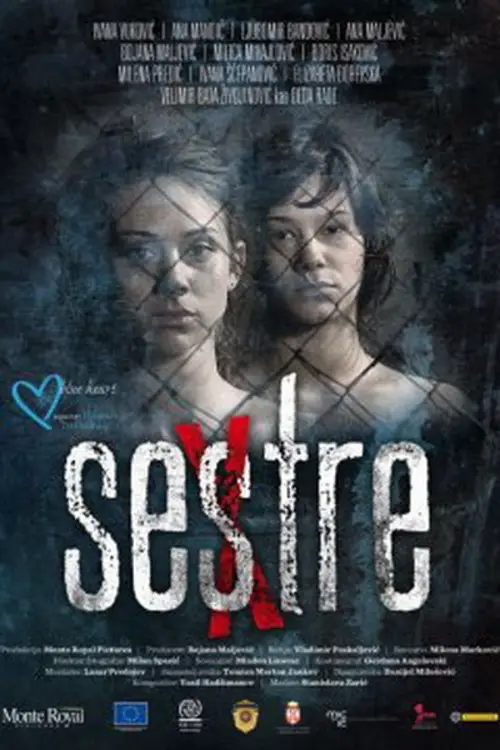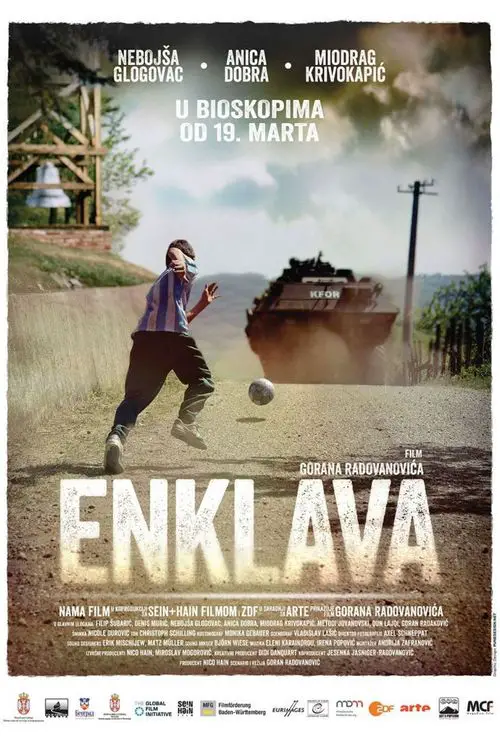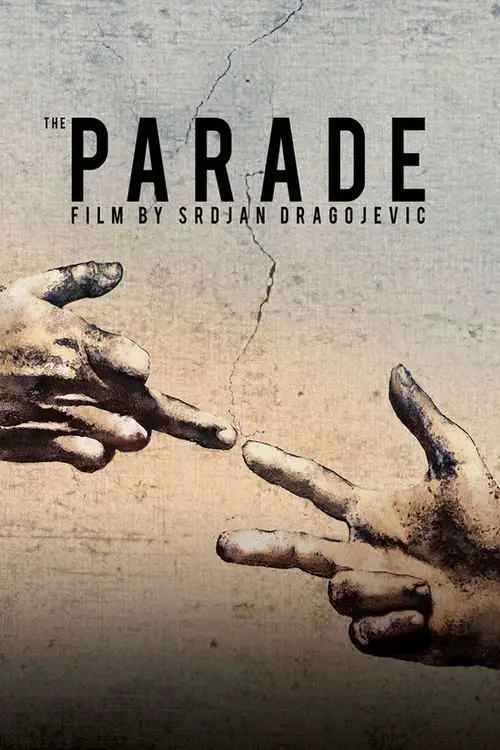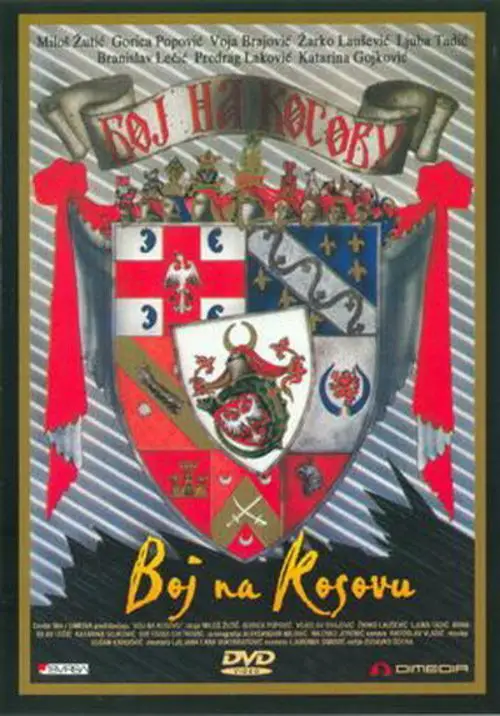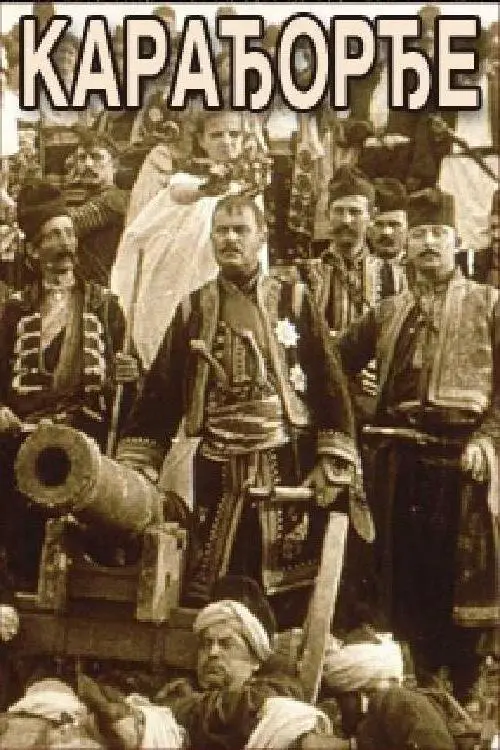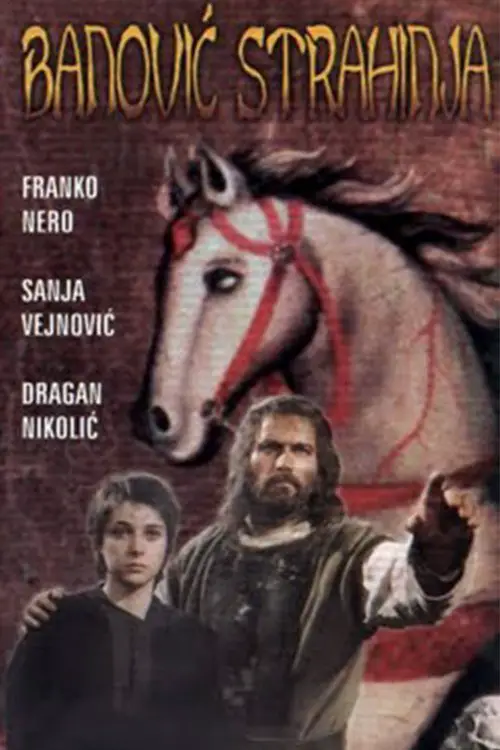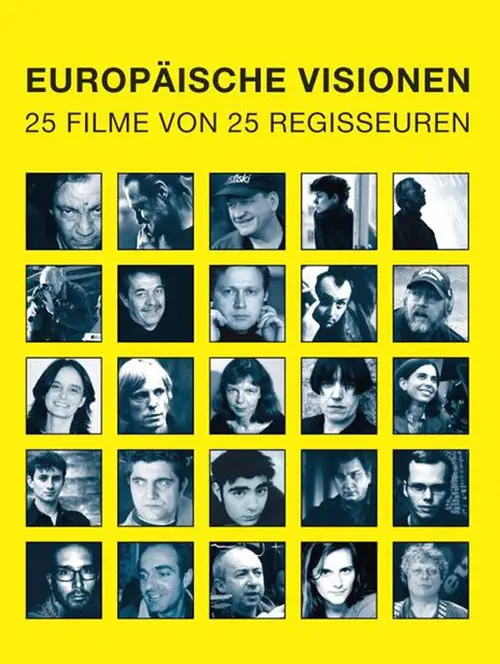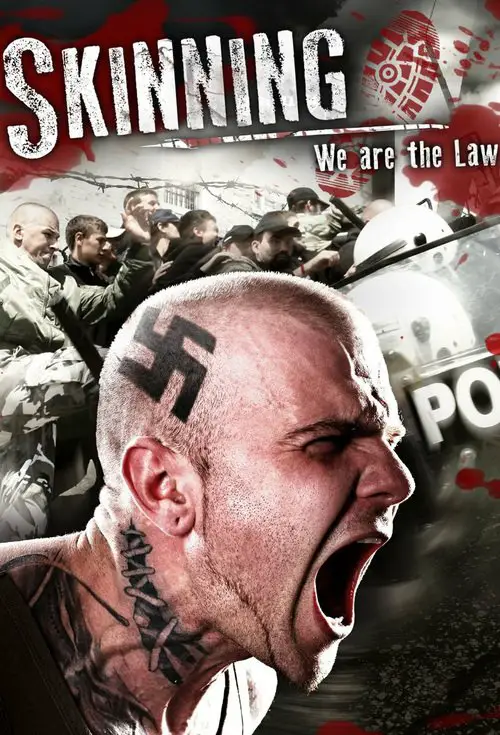The Agreement (2013)
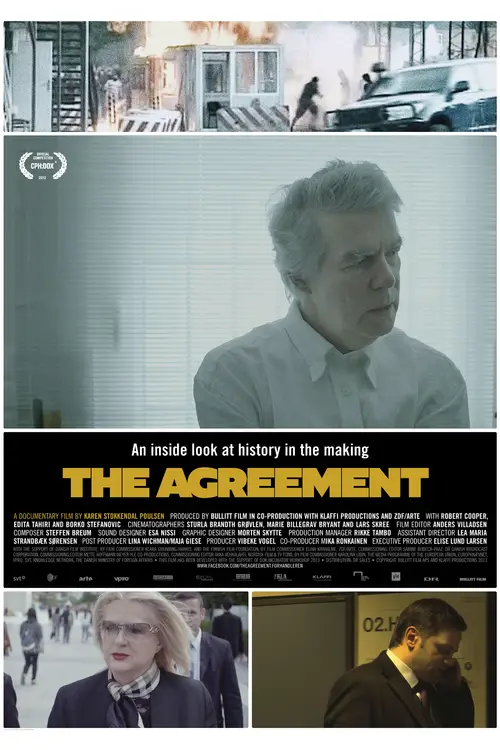
Similar movies
The Weight of Chains is a Canadian documentary film that takes a critical look at the role that the US, NATO and the EU played in the tragic breakup of a once peaceful and prosperous European state - Yugoslavia. The film, bursting with rare stock footage never before seen by Western audiences, is a creative first-hand look at why the West intervened in the Yugoslav conflict, with an impressive roster of interviews with academics, diplomats, media personalities and ordinary citizens of the former Yugoslav republics. This film also presents positive stories from the Yugoslav wars - people helping each other regardless of their ethnic background, stories of bravery and self-sacrifice.
FOREIGNERS OUT! SCHLINGENSIEFS CONTAINER is a thrilling, insightful, funny chronicle and reflection of one of he biggest public pranks and acts of art terrorism ever committed. Austria 2000: Right after the FPà under Jörg Haider had become part of the government, the first time an extreme right wing party became state officials after WW2, infamous German shock director Christoph Schlingensief showed a very unique form of protest. Realising public xenophobia and the new hate politics in the most drastic ways possible, he installed a public concentration camp right in the middle of Vienna's touristic heart, right beside the picturesque opera where hundreds of tourists and locals pass by daily. And it was no concentration camp you had ever feared to return from the old times, but one that cynically reflected our new multimedia culture. Satirising reality TV shows, "Big Brother" especially, a dozen asylum seekers were surveilled by a multitude of cameras, could be fed and watched by.
Get up close and personal with 16 of the most successful women in the adult film industry as they shed their clothes for an intimate photo shoot with director Deborah Anderson. As questions are asked, personal stories about their lives are revealed, from why they chose the business of sex to how they got into it in the first place. These porn stars have always been discreet about their private lives in the past, yet Anderson has a way of opening up a dialog allowing them to share more than just their naked skin on screen. Their true inner vulnerability is touching, yet the characters they have created are confident and intoxicating. Once you hear their stories, you'll never look at them in the same way again.
A feature-length documentary to show why Britain should vote to LEAVE the EU - and would thrive outside of it. Brexit: The Movie spells out the danger of staying part of the EU. Is it safe to give a remote government beyond our control the power to make laws? Is it safe to tie ourselves to countries which are close to financial ruin, drifting towards scary political extremism, and suffering long-term, self-inflicted economic decline?
This documentary about Henri-Georges Clouzotâs unfinished 1964 psycho-thriller LâEnfer is as tantalizing as it is frustrating. Despite remaining one of the most masterful of French directors, Cluozot inexplicably seems to have lost control on the big-budget production of LâEnfer. The long-lost raw footage is intriguing and dazzling, infused with swirling lights and blue-lipped, cigarette-puffing fantasy temptresses. Although directors Serge Bromberg and Ruxandra Mederea have managed to speak to numerous members of the original crew, this behind-the-scenes investigation has so little to say about the reasons behind Clouzotâs failure to complete the film. In spite of this, the undiminished power of Clouzotâs extraordinary images makes the documentary a fascinating watch.
State of Bacon tells the kinda real but mostly fake tale of an oddball group of characters leading up to the annual Blue Ribbon Bacon Festival. Bacon-enthusiasts, Governor Branstad, a bacon queen, Hacksaw Jim Duggan, members of PETA, and an envoy of Icelanders are not excluded from this bacon party and during the course of the film become intertwined with the organizers of the festival to show that bacon diplomacy is not dead.
Imagine an ocean without fish. Imagine your meals without seafood. Imagine the global consequences. This is the future if we do not stop, think and act.In the film we see firsthand the effects of our global love affair with fish as food.It examines the imminent extinction of bluefin tuna, brought on by increasing western demand for sushi; the impact on marine life resulting in huge overpopulation of jellyfish; and the profound implications of a future world with no fish that would bring certain mass starvation.Filmed over two years, The End of the Line follows the investigative reporter Charles Clover as he confronts politicians and celebrity restaurateurs, who exhibit little regard for the damage they are doing to the oceans.Filmed across the world â from the Straits of Gibraltar to the coasts of Senegal and Alaska to the Tokyo fish market â featuring top scientists, indigenous fishermen and fisheries enforcement officials, The End of the Line is a wake-up call to the world.
A documentary that tells one manâs story of building a guerrilla army. Florin Krasniqi, a successful 40-year-old immigrant from Kosovo now living with his family in Brooklyn, helped launch the Kosovo Liberation Army in the late 1990s. He did it by raising some $30 million and buying high-powered sniper rifles â weapons that were and still are legally purchased in the United States. He transported the weapons to Albania, again legally.
Filmmaking icon Agnès Varda, the award-winning director regarded by many as the grandmother of the French new wave, turns the camera on herself with this unique autobiographical documentary. Composed of film excerpts and elaborate dramatic re-creations, Varda's self-portrait recounts the highs and lows of her professional career, the many friendships that affected her life and her longtime marriage to cinematic giant Jacques Demy.
Two students from the Czech Film Academy commission a leading advertising agency to organize a huge campaign for the opening of a new supermarket named Czech Dream. The supermarket however does not exist and is not meant to. The advertising campaign includes radio and television ads, posters, flyers with photos of fake Czech Dream products, a promotional song, an internet site, and ads in newspapers and magazines. Will people believe in it and show up for the grand opening?
ABC of a Strike captures the 1979 metal workers strikes outside of São Paulo. The footage sat untouched until after the death of highly regarded director Leon Hirszman in 1987, by which time the material had a new relevance. The gripping film captures the negotiations between the labor unions and the factory bosses and shows the birth of the regionâs Workerâs Party, as well as the emergence of its charismatic leader, Luiz Inácio Lula da Silva (known as âLulaâ). Rising from extreme poverty, Lula gained national prominence as a union activist during the late 70s and early 80s. After being jailed during his time as a union leader, he eventually become Brazilâs president from 2003 to 2010. -Description via Wexner Center Film/Video
Through the socio-political overview of the problematic structure of fan clubs and football supporters in Serbia, this movie focuses on a particular case of an incident involving a French citizen - football fan in Belgrade, which led to 12 young people being convicted to 240 years of prison. One of them is Stefan Velickovic. This is the story about the man who became a part of a huge political scandal, and his right to defend himself. As someone who has not even been at the spot of the incident, he has been pronounced guilty of a crime. What are the interests and intentions for making Stefan a scapegoat?
In the First World War, T.E Lawrence helped to unite feuding Arab tribes into a formidable guerrilla army which helped to topple the Ottoman Empire. But today Lawrence has an extraordinary new relevance. His experiences of defeating a foreign military occupation, and of leading an insurgency, have led to him being held up as the man who cracked fighting in the Middle East. Lawrence had aimed, he said, âto write his will across the skiesâ and build a new independent Arab nation, but in these two films Rory Stewart shows how Lawrence felt his dream ended in catastrophe and shame. Drawing a comparison between Lawrence's experience and today, Rory explains how Lawrence came to the conclusion that foreign military interventions in the Middle East are fundamentally unworkable. He concludes, 'Looking at Iraq and Afghanistan today, I believe very strongly that Lawrence's message would not have been do it better, do it more sensitively, but don't do it at all.'.
ARMADILLO is an upfront account of growing cynicism and adrenaline addiction for young soldiers at war. Mads and Daniel are on their first mission in Helmand, Afghanistan. Their platoon is stationed in Camp Armadillo, right on the Helmand frontline, fighting tough battles against the Taliban. The soldiers are there to help the Afghan people, but as fighting gets tougher and operations increasingly hairy, Mads, Daniel and their friends become cynical, widening the gap between themselves and the Afghan civilisation. Mistrust and paranoia set in causing alienation and disillusion. Armadillo is a journey into the soldierâs mind and a unique film on the mythological story of man and war, staged in its contemporary version in Afghanistan.
A documentary series on life in and adapted to the conditions of the Southern part of the Pacific Ocean, a vast aquatic region with an unequaled number of islands. Both wildlife and human cultures developed in a unique variety, largely determined by such natural conditions as huge distances, sea depths, currents and winds.
Julian Assange. Bradley Manning. Collateral murder. Cablegate. WikiLeaks. These people and terms have exploded into public consciousness by fundamentally changing the way democratic societies deal with privacy, secrecy, and the right to information, perhaps for generations to come. We Steal Secrets: The Story of WikiLeaks is an extensive examination of all things related to WikiLeaks and the larger global debate over access to information.
A revolutionary film about the cinematic genius of North Korea's late Dear Leader Kim Jung-IL, with a groundbreaking experiment at its heart - a propaganda film, made according to the rules of his 1987 manifesto. Through the shared love of cinema, AIM HIGH IN CREATION! forges an astonishing new bond between the hidden filmmakers of North Korea and their Free World collaborators. Revealing an unexpected truth about the most isolated nation on earth: filmmakers, no matter where they live, are family.
Why do 11,000 people die in America each year at the hands of gun violence? Talking heads yelling from every TV camera blame everything from Satan to video games. But are we that much different from many other countries? What sets us apart? How have we become both the master and victim of such enormous amounts of violence? This is not a film about gun control. It is a film about the fearful heart and soul of the United States, and the 280 million Americans lucky enough to have the right to a constitutionally protected Uzi. From a look at the Columbine High School security camera tapes to the home of Oscar-winning NRA President Charlton Heston, from a young man who makes homemade napalm with The Anarchist's Cookbook to the murder of a six-year-old girl by another six-year-old, Bowling for Columbine is a journey through America, through our past, hoping to discover why our pursuit of happiness is so riddled with violence.
A documentary about bizarre residents of Shutka, a Macedonian village built on the former city dump area. Shutka, where everyone is the champion of something. This film is a celebration of the culture, humor, spirit, oddities and idiosyncrasies of the Roma, one of the world's poorest and most persecuted peoples. Ultimately we are instructed in the celebration of life despite any and all circumstances - everyone is of value here.
DEALING AND WHEELING IN SMALL ARMS is a political documentary on the uncontrolled widespread of small arms, which rule and ruin the lives of a growing number of people in developing countries. Through the eyes of different experts whose lives depend on small arms, the film shows the causes and impact of the tradeâboth legal, 'grey' and illegalâin small arms and its ammunitions, in particular in regions where the European Union and the United Nations are active, such as former Yugoslavia and Congo. Especially interesting for the western audience, the film shows how brokersâoften under some 'organized' legal coverâbuy weapons collected by the EU and NATO during their mission in Bosnia. These brokers transfer the weapons directly to African battlefields where they continue their killing lifespan unhindered.
The eagerly awaited sequel to Patrick Keiller's London and Robinson in Space is a beautifully photographed cinematic essay on our current environmental and economic predicament, narrated by Vanessa Redgrave. Timely, provocative and studded with surreal humour, Robinson in Ruins reveals hidden histories and surprising visions (from the opium poppy fields of Oxfordshire to what seems to be a talking post box), making us consider the world around us afresh.
In the early-morning hours of July 23, 2007, in Cheshire, Conn., ex-convicts Steven Hayes and Joshua Komisarjevsky broke into the family home of Dr. William Petit, his wife, Jennifer Hawke-Petit, and their daughters, Michaela, 11, and Hayley, 17. Dr. Petit was beaten and tied to a pole in the basement. The three women were bound in their bedrooms while the men ransacked the house. The brutal ordeal continued throughout the morning, ending with rape, arson and a horrific triple homicide.
Can you imagine what it means to grow up as the child of a mass murderer? Hans Frank and Otto von Wächter were indicted as war criminals for their roles in WWII. Nazi Governors and consultants to Hitler himself, the two are collectively responsible for thousands of deaths. But what stood out to Philippe Sands were the impressions they left on their sons. While researching the Nuremberg trials, the human rights lawyer came across two men who re-focused his studies: Niklas Frank and Horst von Wächter. The men hold polar opposite views on the men who raised them.
A new feature documentary from Metro-Goldwyn-Mayer Studios, Passion Pictures and Red Box Films. Everything or Nothing: The Untold Story of 007. Directed by Stevan Riley (Fire In Babylon), Everything or Nothing focuses on three men with a shared dream â Bond producers Albert R. Broccoli, Harry Saltzman and author Ian Fleming. Itâs the thrilling and inspiring narrative behind the longest running film franchise in cinema history which began in 1962
This is the untold story behind History, a well-kept secret behind the world-wide icon: Nelson Mandela's release was a Plot for Peace. For the first time, heads of state, generals, diplomats, master spies and anti-apartheid fighters reveal how Africa's front line states helped end apartheid. Their improbable key to Mandela's prison cell was a mysterious French businessman, dubbed "Monsieur Jacques" in classified correspondence. His trade secret was trust
Since the assassination of Dr. George Tiller in Kansas in 2009, only four doctors in the United States continue to perform third-trimester abortions. These physicians, all colleagues of Dr. Tiller, sacrifice their safety and personal lives in the name of their fierce, unwavering conviction to help women.
Amanda (Marlee Maitlin) is a divorced woman who makes a living as a photographer. During the Fall of the year Amanda begins to see the world in new and different ways when she begins to question her role in life, her relationships with her career and men and what it all means. As the layers to her everyday experiences fall away insertions in the story with scientists, and philosophers and religious leaders impart information directly to an off-screen interviewer about academic issues, and Amanda begins to understand the basis to the quantum world beneath. During her epiphany as she considers the Great Questions raised by the host of inserted thinkers, Amanda slowly comprehends the various inspirations and begins to see the world in a new way.
On a mountaintop in southwest Serbia lies the womanless hamlet of Zabrdje, where the Jankovic brothers hold the fort. Veering between the utterly hilarious and deeply poignant, this beautifully-crafted film follows one brother's quest to introduce women back into the once-vibrant community. But with no roads or running water, convincing a Serbian woman is out of the question.
Directors Nina Kusturica and Eva Testor followed Michael Haneke for a period of two and a half years. They accompanied him to film premieres and public appearances, radio interviews and photo shoots; they observed him as he scouted locations, directed actors on the set, and made final cuts in the editing room. In between, on long train and car rides, Haneke spoke candidly about his childhood, his transition to filmmaking, and his views on cinema, discussing films that inspired him and his own work (he counts The Seventh Continent and 71 Fragments of a Chronology of Chance among his favorites). What emerges in this insightful documentary is a portrait of a dedicated filmmaker, a charming yet elusive figure in thrall to cinema and the constant perfection of his craft.
The Parade, in a tragicomic way, tells the story about ongoing battle between two worlds in contemporary post-war Serbian society - the traditional, oppressive, homophobic majority and a liberal, modern and open-minded minority... The film, which deals with gay rights issues in Serbia, features footage of the 2010 Belgrade gay pride parade. The film introduces a group of gay activists, trying to organize a pride parade in Belgrade
Battle of Kosovo (Serbian: Boj na Kosovu) is a 1989 Yugoslav historical drama/war film filmed in Serbia. The film was based on the drama written by poet Ljubomir Simovic. It depicts the historical Battle of Kosovo between Medieval Serbia and the Ottoman Empire which took place on June 15 (according to the Julian calendar, June 28 by the Gregorian calendar) in a field about 5 kilometers northwest of Pristina.
Banovic Strahinja takes place during the middle ages in Serbia. While estate owner Strahinja is hunting, a Turkish bandit, Alija, attacks his castle. The Turks kill his servants and kidnap his beloved Andja. When he discovers what has happened, Strahinja gathers a together a group of scoundrels and chases the bandits.
Novica is a mathematics champion in a Belgrade high school. In an attempt to overcome the âgeekâ status at school, Novica becomes attracted to the world of skinheads by his school friend Relja. Novica is exposed to violence, hooliganism and racism; embracing the ideology and climbing up the ladder in the gang hierarchy.
© Valossa 2015–2026
| Privacy Policy
